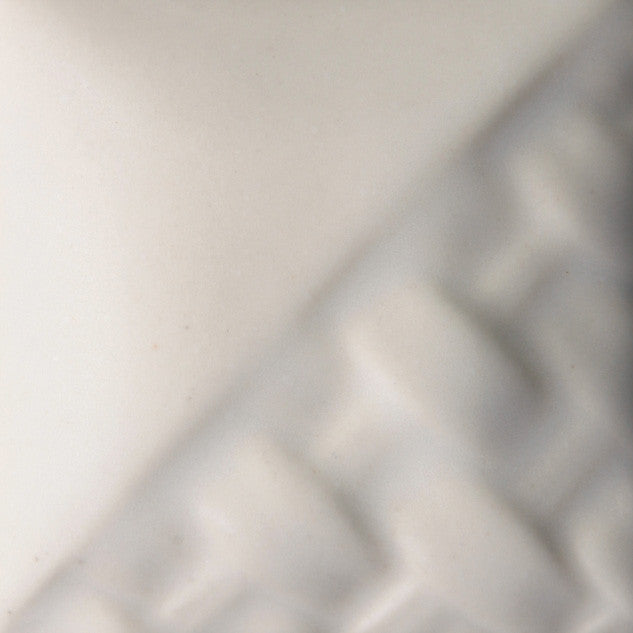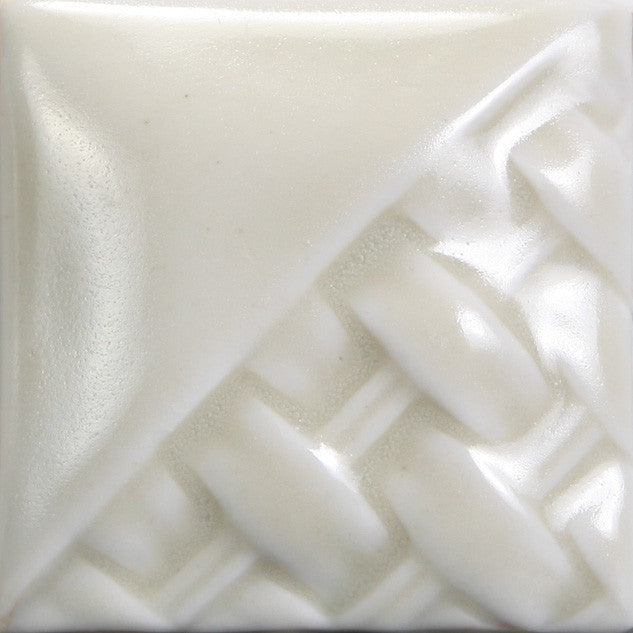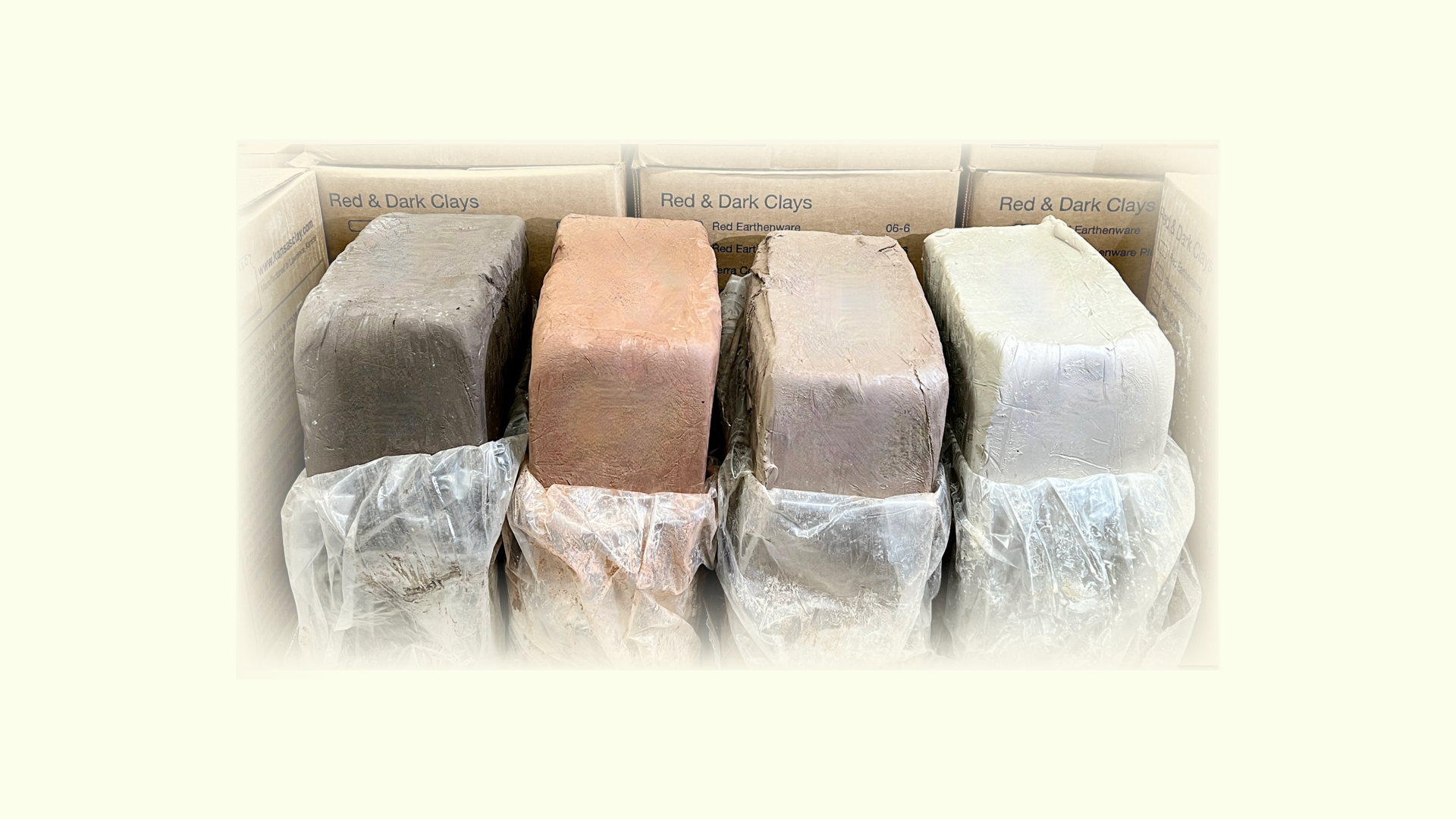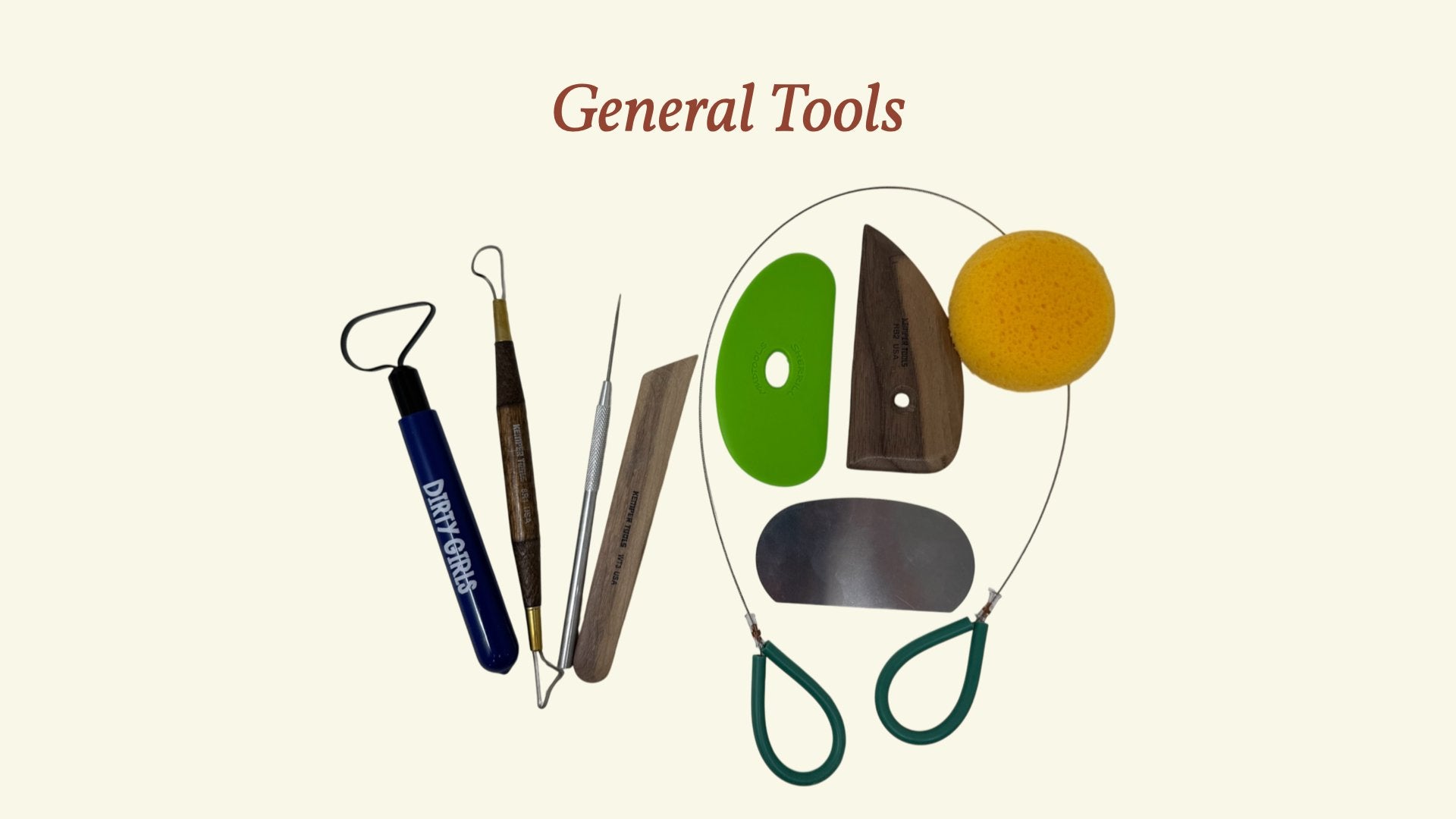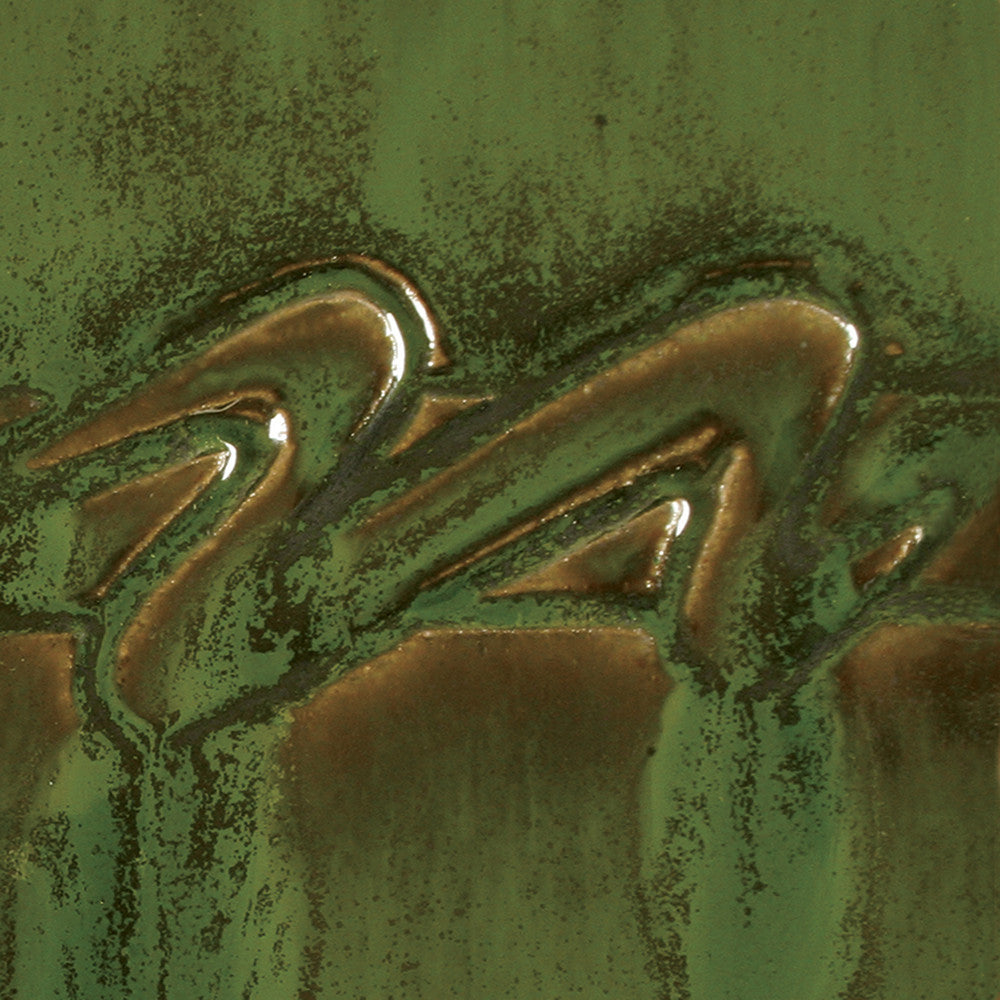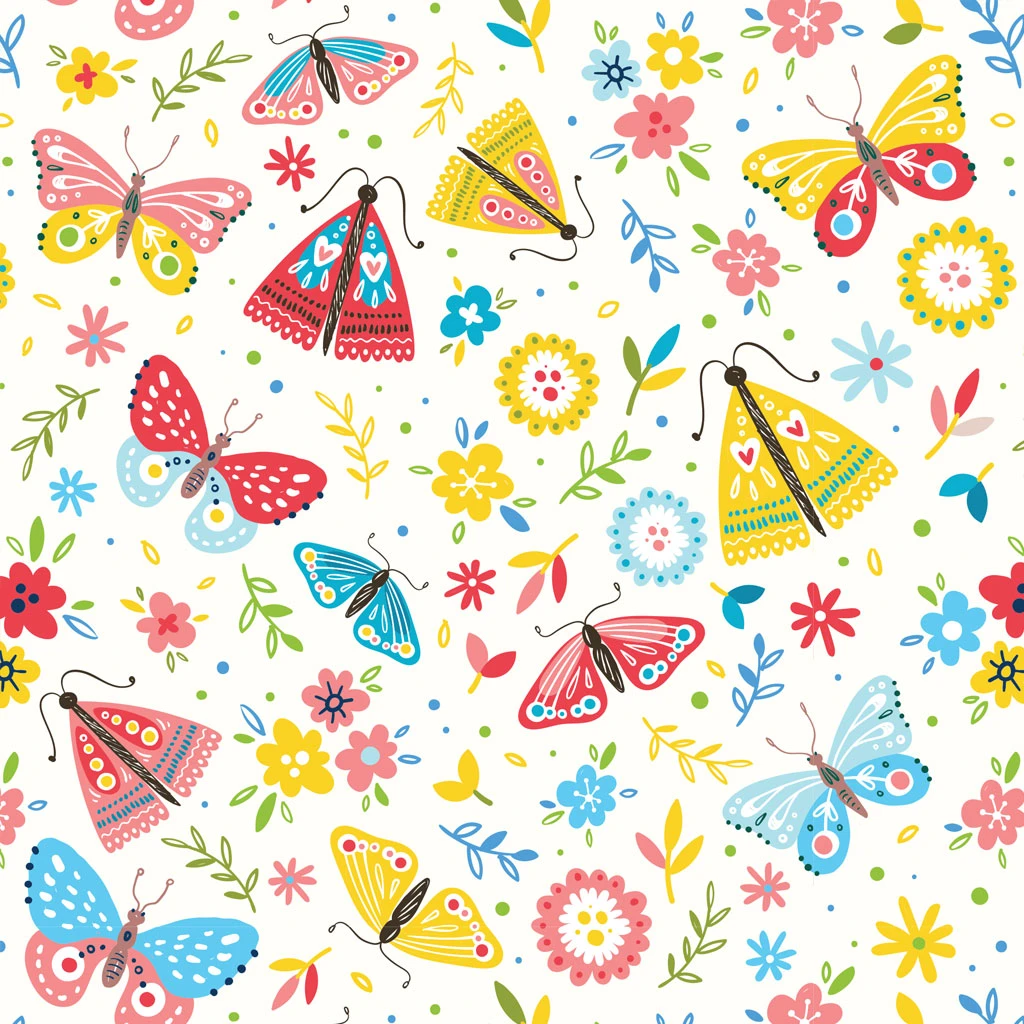Ivy Pint - Mayco SW Mattes 193
Regular price
$13.25
Sale price
$13.25
Regular price
Choose your option
Black Matte - Mayco SW Mattes 140
Regular price
From $17.00
Sale price
From $17.00
Regular price
Choose your option
Choose your option
Olive Float - Mayco SW Crystals 151
Regular price
$17.00
Sale price
$17.00
Regular price
Choose your option
Root Beer Ice Glaze Pint - Mayco SW Classics 203
Regular price
$13.25
Sale price
$13.25
Regular price
Choose your option
Sand & Sea Pint - Mayco SW Classics 167
Regular price
$13.25
Sale price
$13.25
Regular price
Choose your option
Tiger's Eye Pint - Mayco SW Classics 112
Regular price
$13.25
Sale price
$13.25
Regular price
Choose your option
Stoneware Matte Clear - Mayco SW Mattes 002
Regular price
$13.00
Sale price
$13.00
Regular price
$13.00
Choose your option
Mint Speck Pint - Mayco SW Crystals 221
Regular price
$15.25
Sale price
$15.25
Regular price
$15.25
Choose your option
Purple Aster - Mayco SW Crystals 199
Regular price
$15.25
Sale price
$15.25
Regular price
Choose your option
Satin Patina - Mayco SW Mattes 164
Regular price
$15.25
Sale price
$15.25
Regular price
Choose your option
Smoke - Mayco SW Crystals 121
Regular price
$13.25
Sale price
$13.25
Regular price
Choose your option
Mayco 2025 Stoneware Release
Regular price
$25.00
Sale price
$25.00
Regular price
$25.00
Choose your option
Green Jasper Pint - Mayco SW Crystals 222
Regular price
$17.00
Sale price
$17.00
Regular price
$17.00
Choose your option
Sandstone - Mayco SW Crystals 176
Regular price
$17.00
Sale price
$17.00
Regular price
Choose your option
Celadon Bloom - Mayco SW Crystals 150
Regular price
$17.00
Sale price
$17.00
Regular price
Choose your option
Sea Salt - Mayco SW Crystals 118
Regular price
$17.00
Sale price
$17.00
Regular price
Choose your option
Choose your option
Black Walnut - Mayco SW Mattes 104
Regular price
$13.25
Sale price
$13.25
Regular price
Choose your option
Milk Glass Pint - Mayco SW Crystals 223
Regular price
$15.25
Sale price
$15.25
Regular price
$15.25

















